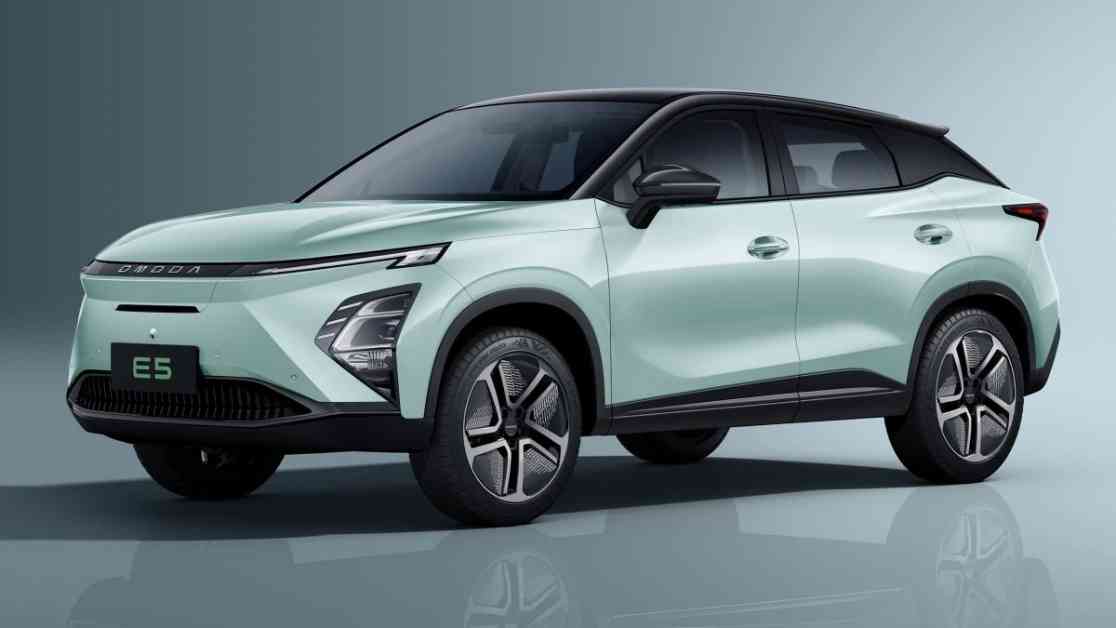Chinese electric vehicle manufacturers are making a move to Europe to counter the impact of tariffs imposed on them. This move is aimed at maintaining their price advantage over traditional European carmakers who have been struggling in the market. The European Union has increased tariffs on Chinese electric vehicles to as high as 48%, pushing Chinese companies to establish partnerships with local European firms to produce their cars locally and avoid the extra costs.
For instance, China’s Chery Automobile Co. has partnered with Spain’s Ebro-EV Motors to produce the Omoda E5 in Barcelona. Similarly, Leapmotor’s T03 city cars are being manufactured in Poland through a partnership with Stellantis. BYD Co. has plans to open a factory in Hungary and potentially one in Turkey as well. Zeekr, under its parent company Geely, is also considering European production sites.
This influx of Chinese EV manufacturers into Europe poses a threat to traditional European auto giants who are struggling with declining sales and the need to adapt to new market conditions. Chery is planning to produce 150,000 cars a year in Spain by 2029 and is looking to expand to other European locations as well. These companies are also exploring ways to avoid the impact of tariffs, such as assembling cars from partially “knocked down” kits to circumvent EU tariffs on finished vehicles.
While the European Commission is still finalizing how the tariffs will apply to joint ventures, Chinese companies are already looking for ways to navigate the trade dispute. The US has imposed tariffs on Chinese EV imports, leading to retaliatory measures between the two economic powerhouses. However, the EU is taking a softer approach, given its reliance on affordable EVs to meet environmental goals.
Manufacturers like SAIC and Volvo are already in talks to establish production sites in Europe, with Volvo accelerating its plans to build a new model in Belgium. Leapmotor has started assembling vehicles in Poland, benefiting from local production and partnerships with Stellantis. This move not only helps these companies avoid tariffs but also attracts car parts makers to the region, creating more opportunities for growth and partnerships.
Despite concerns from traditional European carmakers over increased competition from Chinese firms, the expansion of Chinese EV manufacturers into Europe seems inevitable. Countries like Italy are courting Chinese companies, while some European manufacturers are wary of the potential impact on their home turf. However, Chinese manufacturers are determined to find ways around challenges and continue their expansion in the European market.









